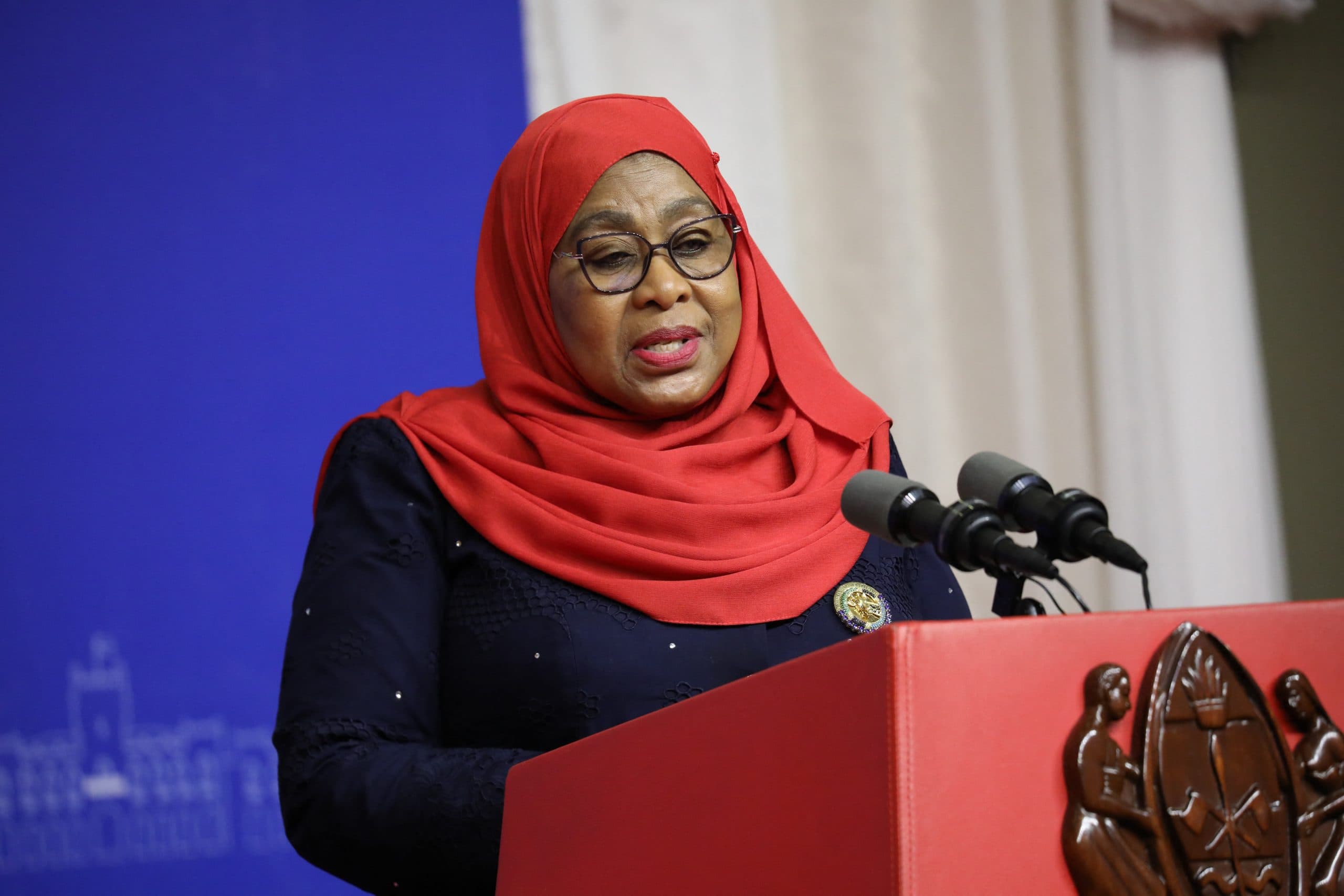We're loading the full news article for you. This includes the article content, images, author information, and related articles.
Violent protests and a security clampdown engulf Tanzania following a contentious election that saw major opposition parties disqualified, raising stability concerns for the East Africa region. Claims of commentary by former Kenyan Governor Kivutha Kibwana remain unverified.

NAIROBI, KENYA - As Tanzania grapples with the violent aftermath of its contentious general election held on Wednesday, October 29, 2025, unconfirmed reports have surfaced suggesting former Makueni Governor Kivutha Kibwana has commented on the escalating crisis. Streamline News has not independently verified these claims, and extensive searches of public records and recent statements by the former governor show no official comment on the Tanzanian situation.
The unsubstantiated reports emerge as Tanzania faces a significant political crisis. President Samia Suluhu Hassan of the long-ruling Chama Cha Mapinduzi (CCM) party is poised to extend her rule after an election cycle that international observers and opposition figures have widely condemned as a sham. The election was marred by a government crackdown on dissent, the disqualification of major opposition parties, and the arrest of prominent political figures.
Violent protests erupted in the commercial capital, Dar es Salaam, on election day, leading to at least two confirmed deaths and numerous injuries. In response, the government imposed a curfew and initiated a nationwide internet blackout, severely hampering communication and the flow of information.
The political environment in Tanzania grew increasingly repressive in the months leading up to the poll. The main opposition party, Chama cha Demokrasia na Maendeleo (Chadema), was barred from participating after the electoral commission claimed it failed to sign a mandatory code of conduct in April 2025. Its leader, Tundu Lissu, who had been spearheading a campaign for electoral reforms, was arrested on charges of treason.
Similarly, Luhaga Mpina, the presidential candidate for the second-largest opposition party, Alliance for Change and Transparency (ACT-Wazalendo), was disqualified from the race. These actions effectively removed any significant challenge to President Hassan and the CCM, which has been in power since Tanzania's independence in 1961.
Human rights organizations, including Amnesty International and Human Rights Watch, have documented a "wave of terror" involving abductions, arbitrary arrests, and extrajudicial killings of opposition figures and activists. Amnesty International's briefing, "Unopposed, unchecked, unjust: The disquiet beneath the 2025 Tanzania vote," detailed a systematic effort to instill fear and suppress civic engagement.
The political instability in Tanzania, a key member of the East African Community (EAC), carries significant implications for the region. As a major trading partner and strategic ally, Kenya has a vested interest in the political and economic stability of its southern neighbor. The unfolding crisis could impact regional trade, security cooperation, and the broader democratic health of the EAC.
While the Kenyan government has yet to issue a formal statement on the Tanzanian election, the developments are being closely watched in Nairobi. The situation presents a delicate diplomatic challenge, balancing the principle of non-interference in the internal affairs of a sovereign state with the EAC's foundational commitments to democracy and the rule of law.
Deogratius Munishi, Chadema's secretary for foreign affairs, speaking to Citizen Television in Kenya, described the election not as a democratic process but as a "coronation."
President Hassan's tenure began in March 2021 with promises of reform after the death of her authoritarian predecessor, John Magufuli. She initially lifted a ban on political rallies and freed some imprisoned journalists, raising hopes for a democratic opening. However, critics and rights groups assert that her administration has since overseen a return to, and in some cases an intensification of, repressive policies.
With the opposition silenced and civil liberties curtailed, the future of Tanzanian democracy appears precarious. The government's actions have drawn condemnation from international partners and human rights advocates, who have called for an end to the repression and respect for fundamental freedoms. The long-term consequences of this election on Tanzania's internal stability and its relationships with regional partners like Kenya remain to be seen. Further investigation into the unconfirmed reports regarding Kivutha Kibwana's alleged statements is required.
Editor's Note: The initial prompt for this story suggested that former Governor Kivutha Kibwana had commented on the events in Tanzania. As of Thursday, October 30, 2025, at 1:00 PM EAT, Streamline News has found no evidence to support this claim. We will continue to monitor the situation and provide updates as they become available.
Keep the conversation in one place—threads here stay linked to the story and in the forums.
Sign in to start a discussion
Start a conversation about this story and keep it linked here.
Other hot threads
E-sports and Gaming Community in Kenya
Active 9 months ago
The Role of Technology in Modern Agriculture (AgriTech)
Active 9 months ago
Popular Recreational Activities Across Counties
Active 9 months ago
Investing in Youth Sports Development Programs
Active 9 months ago
Key figures and persons of interest featured in this article